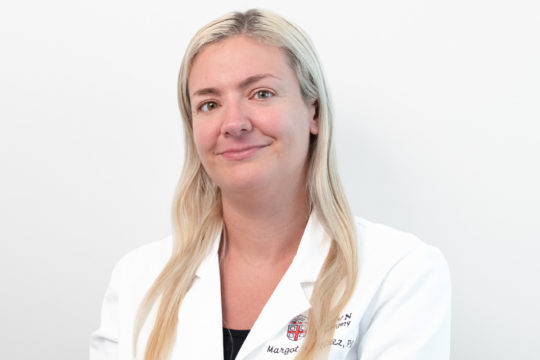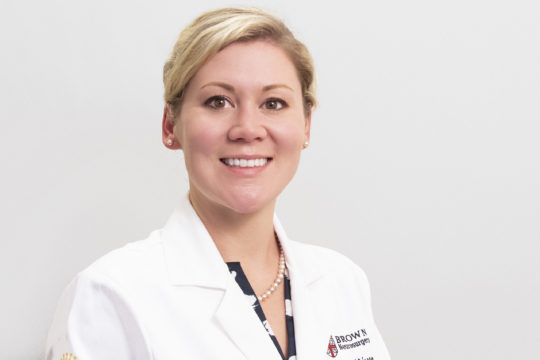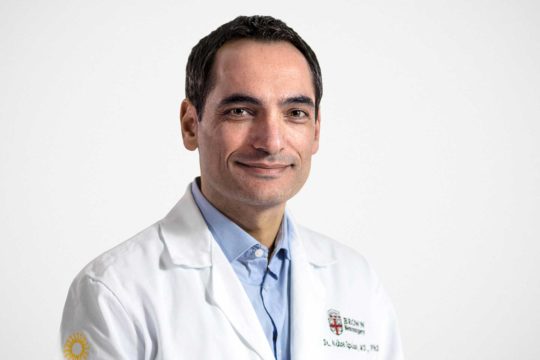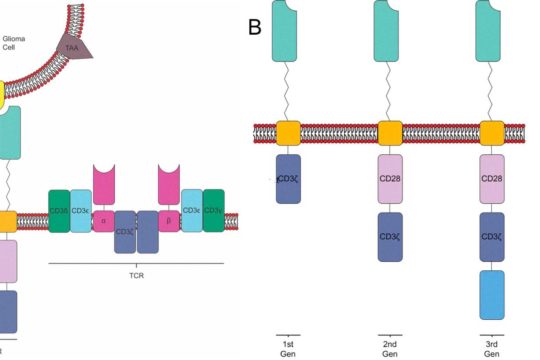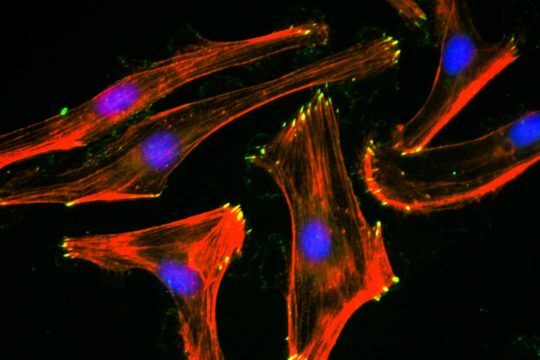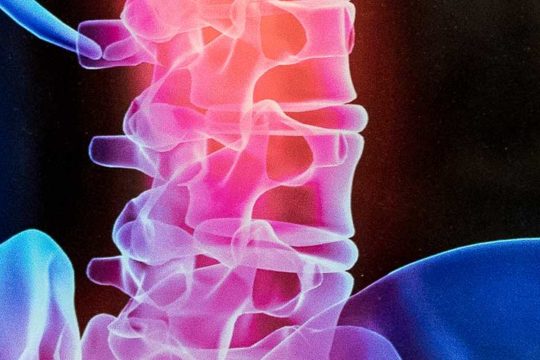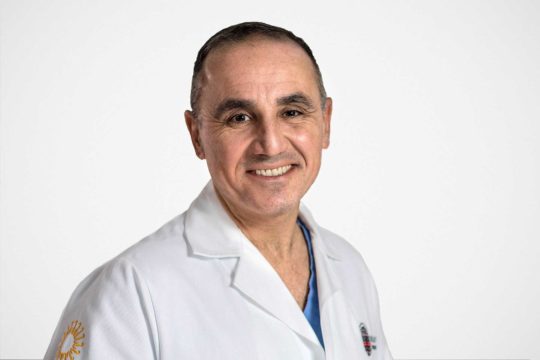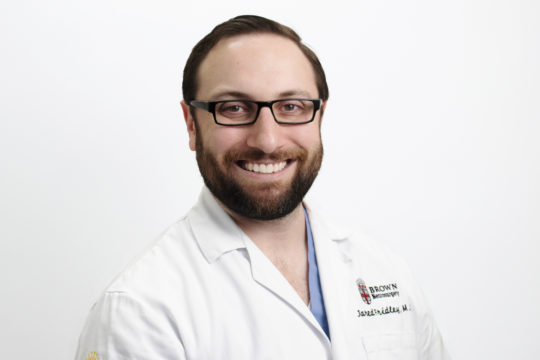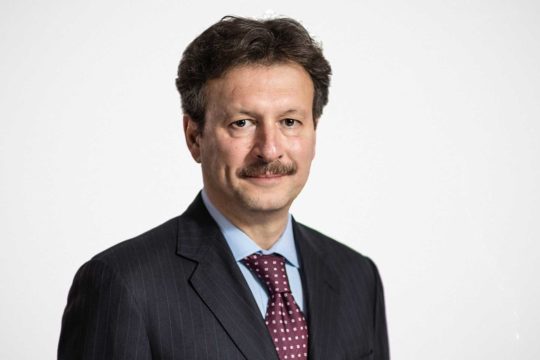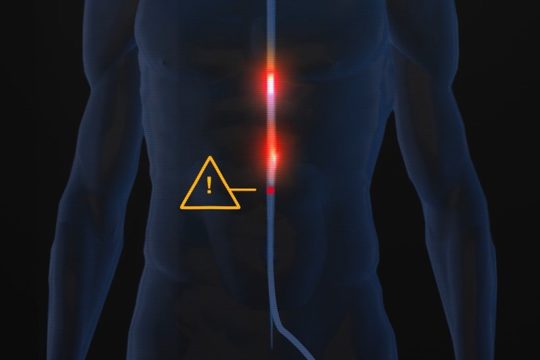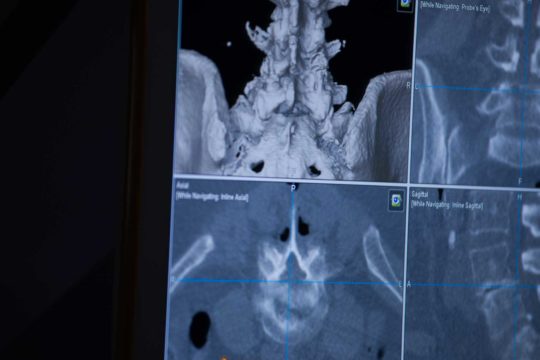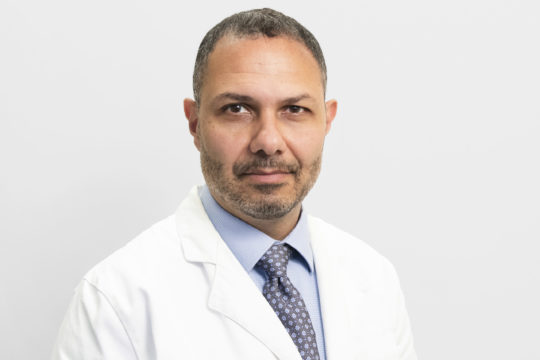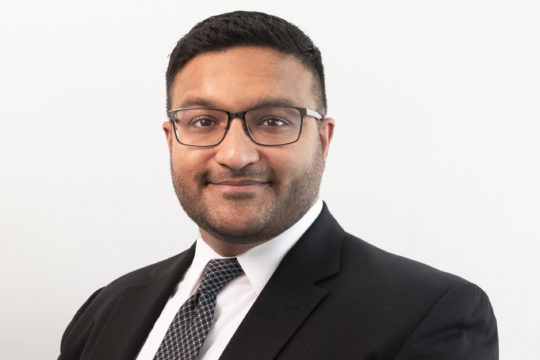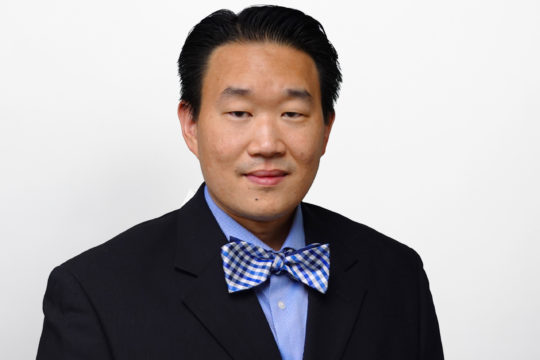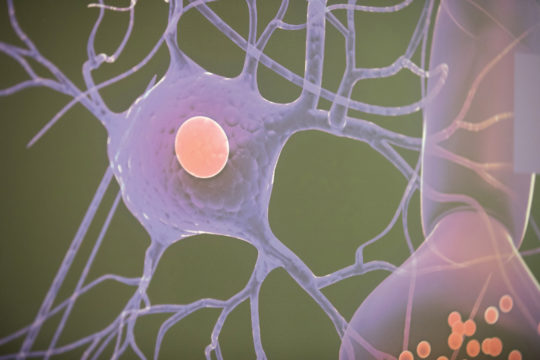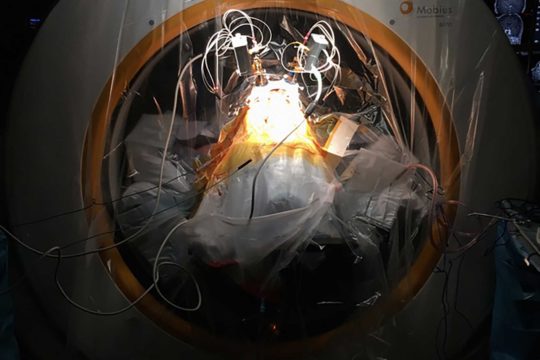Basic & Translational Science Research
From bench to bedside, our research team works to uncover new scientific understanding of the neurological disorders treated by our clinicians, with the aim of contributing to new therapies for patients. We also evaluate the treatments used by our clinicians in for patient outcomes on an ongoing basis.
Below are some of our laboratories and areas of focus:
Tumor
Studies
Intergenic Non-Coding RNA in Glioblastoma. A lot of focus is paid to specific genes which are thought to be associated with irregular cell behavior in brain tumors. In this study, we are examining whether there is any relationship between the parts of the DNA which do not translate into specific genes and various clinical variables related with tumor treatment and outcome. PI: Steven Toms, MD
Generalized Q-Space Imaging (GQI) for Glioblastoma. GQI, an imaging technique which involves looking at subtle angular differences in directional gradients of particles in the brain, is a promising technique for studying the multi-scale tissue architecture. We are studying GQI as a potential tool for better understanding the architecture and pathobiology of brain tumors, as well as how they interact with the surrounding brain tissue. PI: Steven Toms, MD
Raman Spectroscopy for Glioblastoma. Nanoparticles are tiny particles that can be functionalized to target specific surface molecules of tumor cells. In this ongoing study, we are seeking to develop nanoparticles which are (1) specific to glioblastoma cells and (2) can be detected from outside the brain using a technique called Raman Spectroscopy. PI: Steven Toms, MD
Socioeconomic Status and Tumor Treatment. There are many factors which may affect how well a patient does after receiving standard medical care, some of which are independent of anything done inside the hospital. We are studying which socioeconomic factors are most predictive of particular patient outcomes of treatment for neurological conditions. PI: Steven Toms, MD
Blood Biomarkers in Glioblastoma. While there are several existing therapies and diagnostic tools for identifying presence and treatment response of malignant brain tumors, we are also exploring new possible blood biomarkers of these tumors. PI: Steven Toms, MD
People
Laboratories
CSF / Congenital CNS Disorders
Studies
Patient Outcomes in Tethered Cord Syndromes (TCS). Tethered cord is a neurological condition that is poorly understood. The goals of our prospective longitudinal study of patients undergoing tethered cord surgery include (1) better characterizing the symptoms associated with tethered cord (2) developing better predictions and measures of outcome following surgical interventions and (3) identifying new imaging metrics for identifying and classifying tethered cord syndromes.
Patient Satisfaction after Tethered Cord Surgery. It is important to understand how patient quality of life changes after neurosurgical intervention for any indication. We are specifically studying by survey how patients feel their tethered cord surgery has affected their quality of life, and their satisfaction with choosing surgical management for their condition.
Myodural Bridges in Ehlers Danlos Syndromes (EDS). Connective tissue disorders affect a wide array of body systems and regions. We are attempting to use ultrasound to characterize how myodural bridges, small bands of connective tissue in the neck, may be different in patients with EDS, and whether any differences we discover may be of clinical relevance for the care of these populations.
Ventricular Volumetry in Hydrocephalus. Ventricular enlargement due to acute or chronic onset hydrocephalus can be a dangerous condition due to increased pressure on the brain tissue. We are attempting to develop better methods of predicting the progression of hydrocephalus in terms of imaging biomarkers like ventricular size at certain time points.
Cognitive Symptoms of Chiari Malformation. Research has shown that the cerebellum is involved in a wide range of cognitive functionalities, not only fine motor control. In patients with Chiari malformation, we are studying the range of cognitive symptoms which may result from this cerebellar abnormality, as well as how these symptoms in particular may change following surgical intervention.
People
Laboratories
Spinal Surgery Outcomes
Studies
Patient Outcomes Following Complex Wound Closure. This ongoing retrospective study examines institutional experience with complex wound closure, sometimes in collaboration with the plastic surgery team, and wound breakdown complication rates as related to different risk factors and surgical details.
Patient Outcomes Following Lumbar Discectomy. This ongoing retrospective review examines how minimally-invasive discectomy techniques may improve patient outcomes as compared to more invasive surgeries to achieve the same goals.
Patient Outcomes Following XLIF. This ongoing retrospective study examines institutional experience with minimally-invasive single-level and multi-level XLIF, a minimally-invasive approach to lateral interbody fusion of the vertebra of the lumbar spine.
Imaging Metrics for Neurosurgical Treatment and Diagnosis. Using retrospective data, this ongoing study of various imaging modalities, including Flex-Ex CT, MRI, 3D reconstruction and even augmented reality applications, is examining the potential utility of new imaging methods, and new uses for old imaging methods, in the surgical management of neurological disease.
Cost Analysis of Intraoperative Imaging. This ongoing study is examining the cost-benefit to patients of various imaging modalities used for intraoperative guidance during surgical procedures in terms of diagnostic utility and expense of imaging.
People
Laboratories
